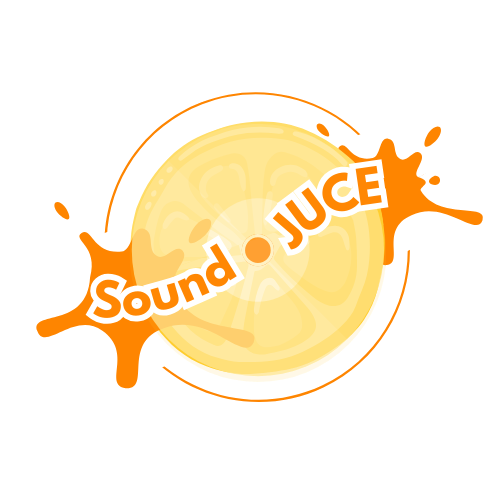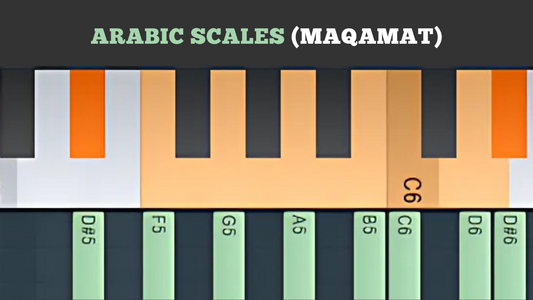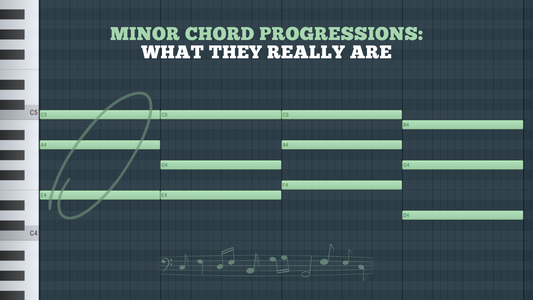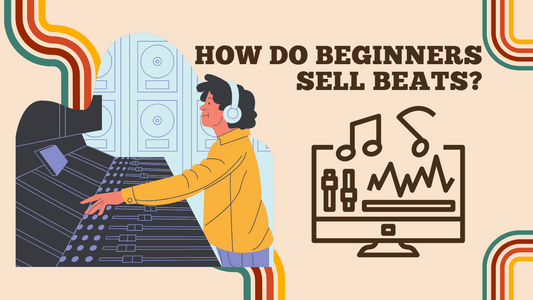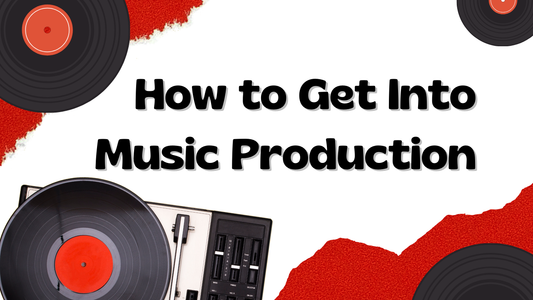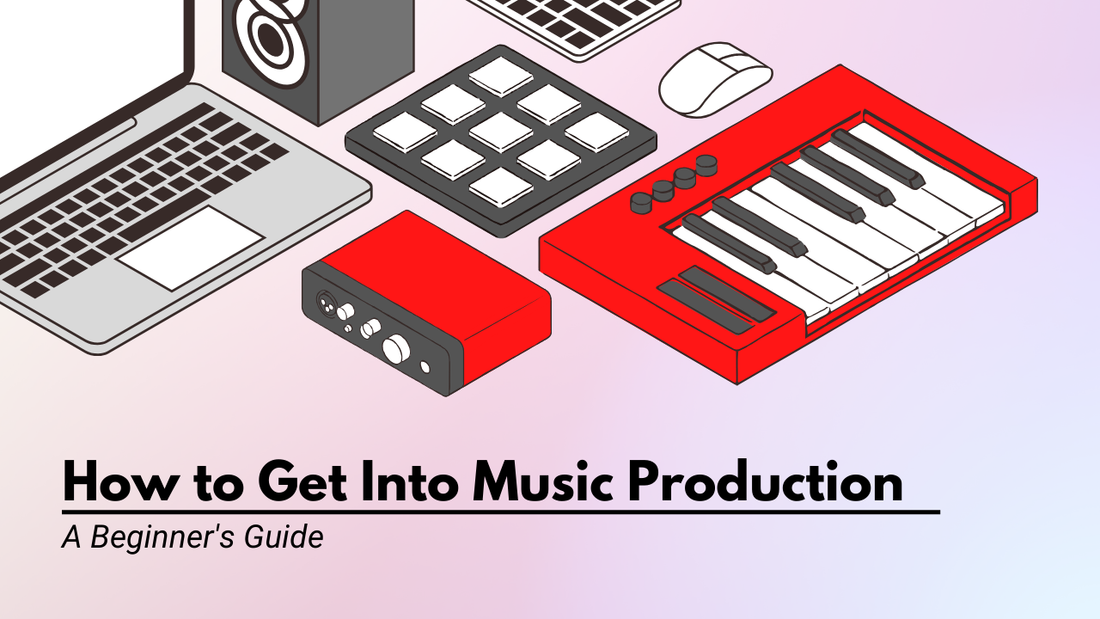
How to Get Into Music Production: A Beginner's Guide
Share
Embarking on a journey into music production can be both exciting and daunting. With the right guidance and resources, you can navigate this complex yet rewarding field. This comprehensive guide will walk you through the essential steps to get started in music production, from understanding the basics to creating your own tracks.
1. Understanding Music Production
Music production involves the process of creating, recording, and refining music. It encompasses various stages, including songwriting, arranging, recording, editing, mixing, and mastering. A music producer oversees these stages, ensuring that the final product meets artistic and technical standards.
2. Essential Equipment and Software
To get started in music production, you'll need some basic equipment and software:
- Digital Audio Workstation (DAW): A DAW is the software you use to create and edit music. Popular choices include Ableton Live, FL Studio, Logic Pro, and Pro Tools.
- Computer: A reliable computer with sufficient processing power and memory is crucial for running your DAW and other music production software.
- Audio Interface: This hardware connects your instruments and microphones to your computer, ensuring high-quality audio recording.
- MIDI Controller: A MIDI keyboard or controller allows you to play and record virtual instruments.
- Headphones and Studio Monitors: High-quality headphones and studio monitors are essential for accurate sound reproduction and mixing.
3. Learning the Basics
Before diving into creating music, it's important to understand some fundamental concepts:
- Music Theory: Basic knowledge of music theory, such as scales, chords, and rhythms, will help you compose and arrange music more effectively.
- Sound Design: Learn how to create and manipulate sounds using synthesizers and samplers. This includes understanding waveforms, filters, and modulation.
- Recording Techniques: Understand how to record vocals and instruments properly, including microphone placement and signal flow.
4. Start Creating
Now that you have the necessary tools and knowledge, it's time to start creating:
- Experiment with Your DAW: Spend time exploring your DAW's features and functions. Try creating simple beats, melodies, and arrangements.
- Use Presets and Samples: Many DAWs come with built-in presets and samples. Use these as a starting point to inspire your creativity.
- Learn from Tutorials: There are countless online tutorials available for free. Platforms like YouTube, Coursera, and Skillshare offer tutorials on various aspects of music production.
5. Develop Your Skills
As you gain more experience, focus on honing your skills:
- Mixing: Learn how to balance different elements of your track, including adjusting volume levels, panning, and applying effects like EQ and compression.
- Mastering: This is the final step in music production, where you prepare your track for distribution by ensuring it sounds polished and cohesive across all playback systems.
- Collaboration: Work with other musicians and producers to gain new perspectives and techniques. Collaboration can help you grow and refine your skills.
6. Build Your Portfolio
Start building a portfolio of your work to showcase your skills:
- Create Complete Tracks: Aim to produce complete tracks rather than just loops or ideas. This will demonstrate your ability to see a project through from start to finish.
- Share Your Music: Upload your tracks to platforms like SoundCloud, YouTube, and Bandcamp. This will help you gain feedback and build an audience.
- Seek Feedback: Join online communities and forums where you can share your music and receive constructive criticism.
7. Stay Updated and Keep Learning
The music production landscape is constantly evolving, so it's important to stay updated:
- Follow Industry Trends: Keep an eye on current trends in music production, including new software, hardware, and techniques.
- Attend Workshops and Webinars: Participate in workshops, webinars, and masterclasses to learn from industry professionals.
- Network: Connect with other producers, musicians, and industry professionals. Networking can open up opportunities for collaboration and career advancement.
Conclusion
Getting into music production requires dedication, practice, and a willingness to learn. By understanding the basics, acquiring the right equipment, and continuously developing your skills, you can turn your passion for music into a fulfilling hobby or even a career. Start your journey today and unlock your potential as a music producer.
